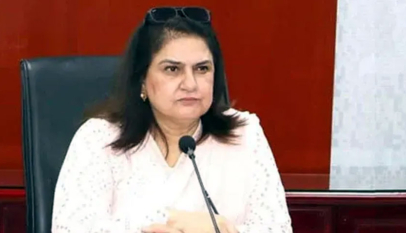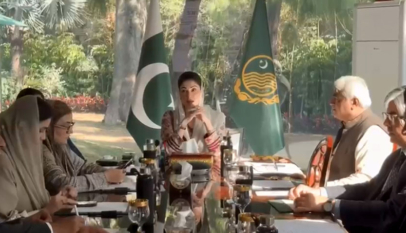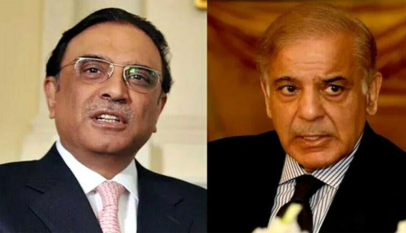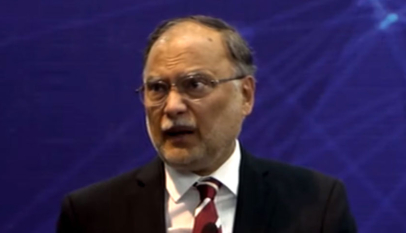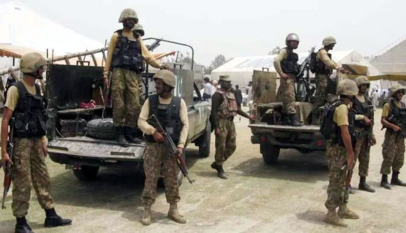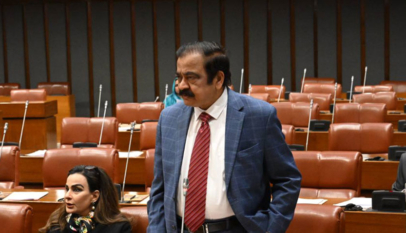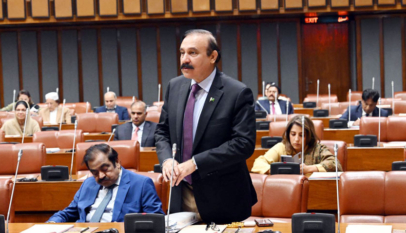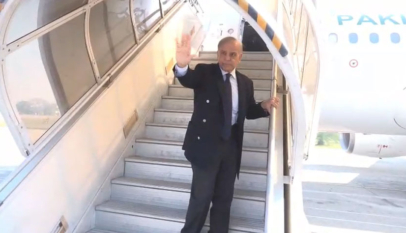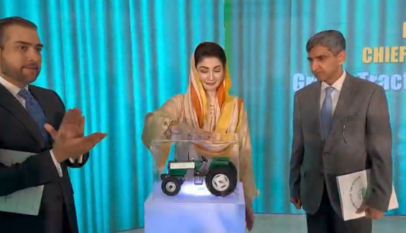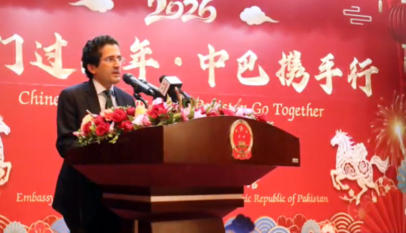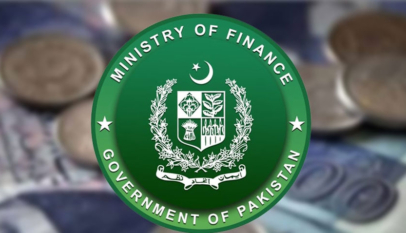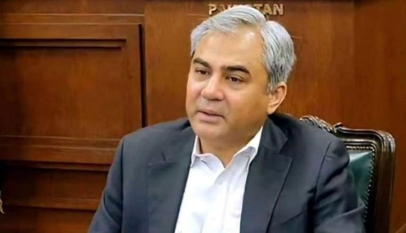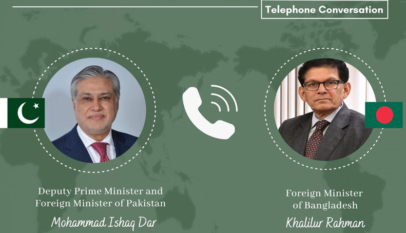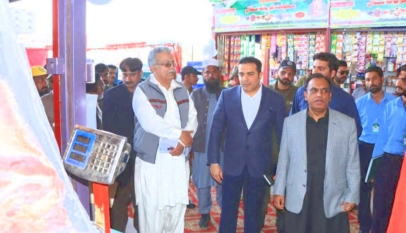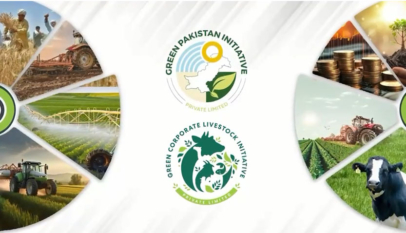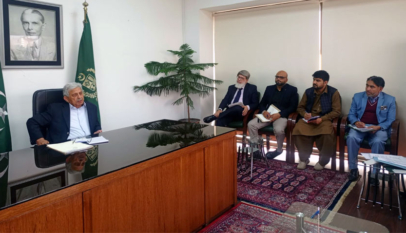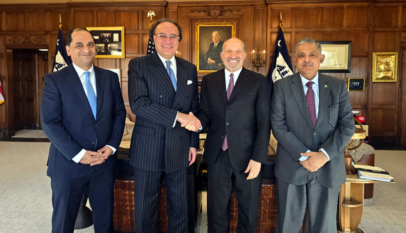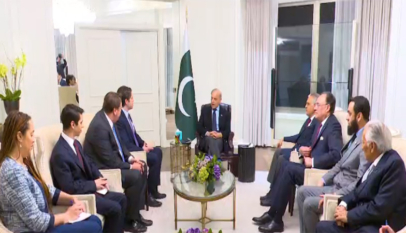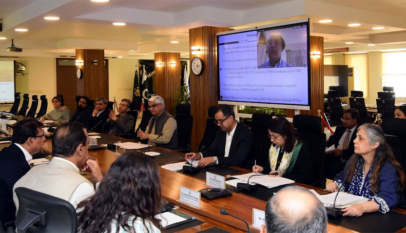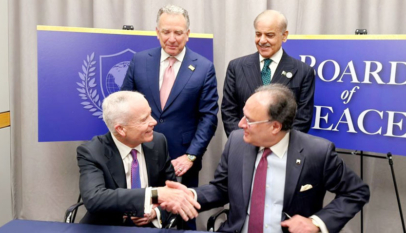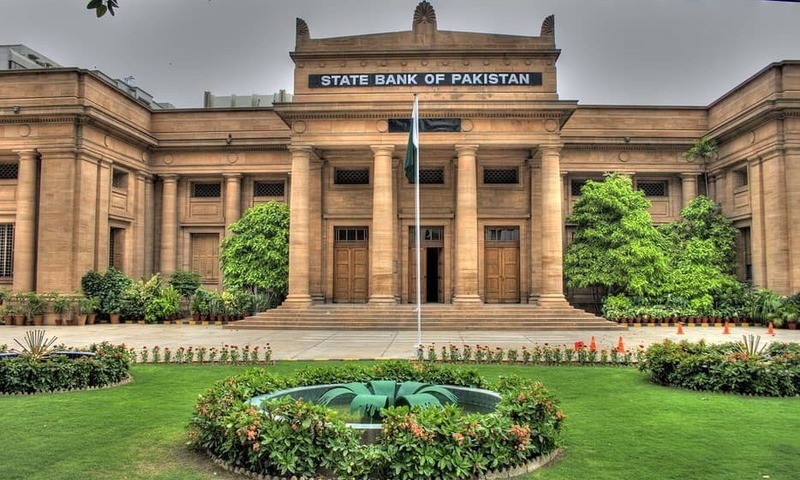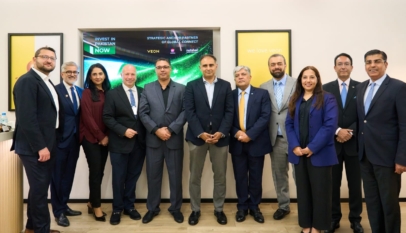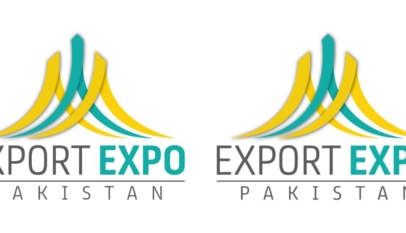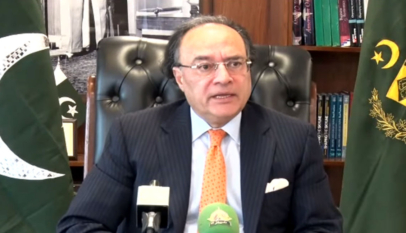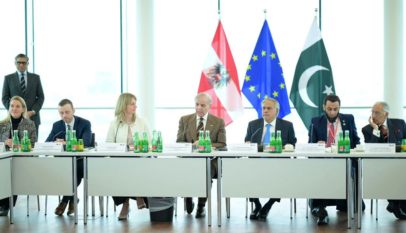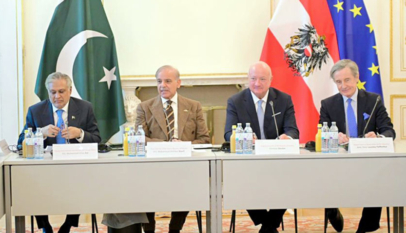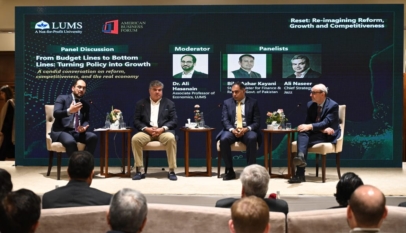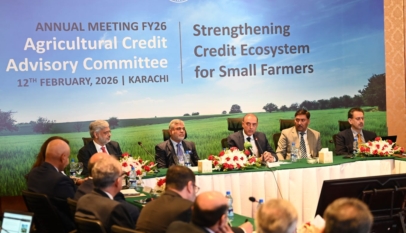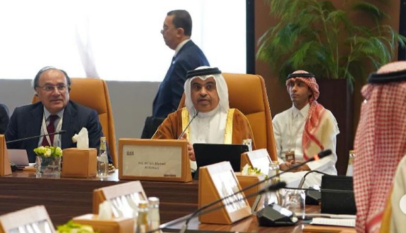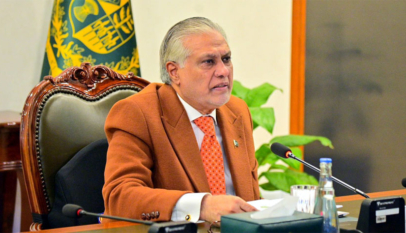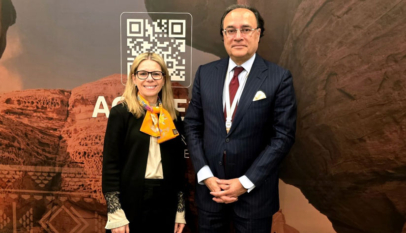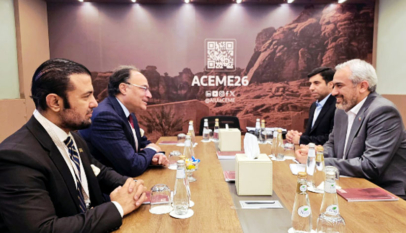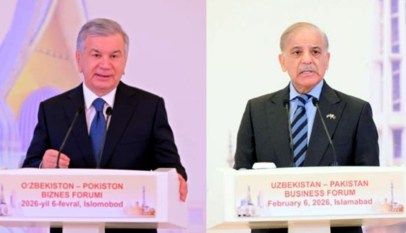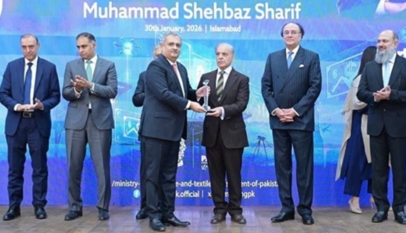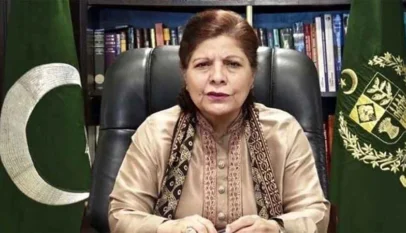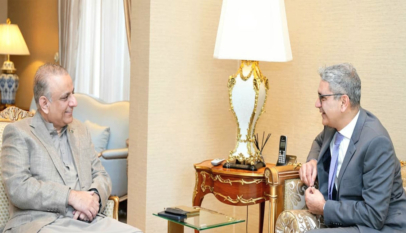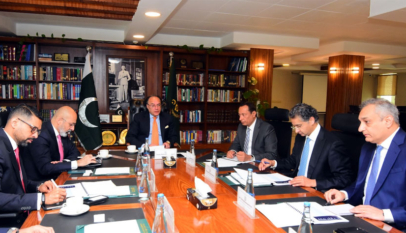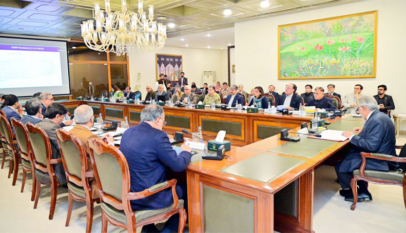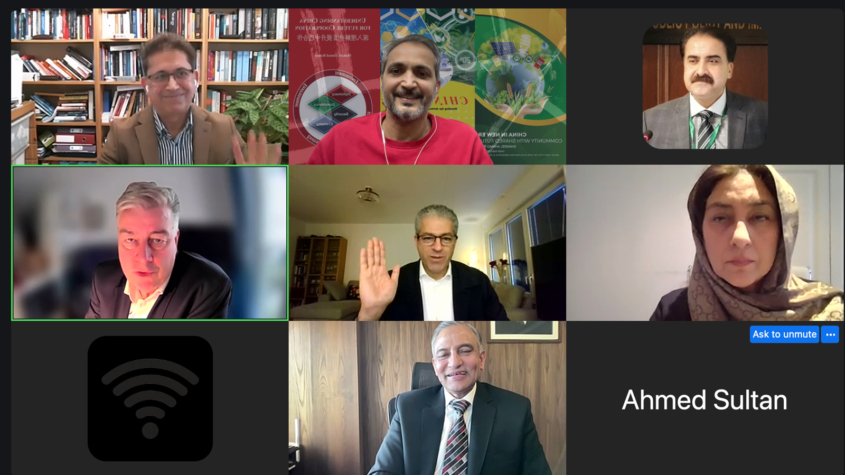
Special Investment Facilitation Council Secretary Jamil Ahmed Qureshi on Thursday said the main aim of setting up the SIFC was to facilitate investors, boost their confidence and provide a conducive business environment.
Speaking at a webinar titled, ‘Invest in Pakistan’ organised by the Asian Institute of Eco-civilisation Research and Development, Mr Qureshi explained in detail the process undertaken at the SIFC and how simplified it had been made for the benefit of investors.
He said the council was a one-stop shop for investors in Pakistan.
“We have provincial and federal departments as well as investment agencies under one roof, and we work together as one team,” he said.
Mr. Qureshi said the SIFC is an independent organization reporting directly to the prime minister.
“We deal with domestic and foreign investors and interact with the local business community and facilitate investors in removing any bottleneck they face. We also ensure that our policy framework is conducive,” the SIFC secretary said.
For business promotion activities, Mr. Qureshi said they had done road shows, organized seminars and hosted foreign delegations, and also interacted with the media.
Founder/CEO GBP International Volker U. Friedrich said his firm has been doing business in Asia and the Asia Pacific for the last 30 years.
He said more investments from overseas were desperately needed in Pakistan from the private sector in order to generate employment and broaden the industry base in different sectors and not rely only on textiles or agriculture.
He said there were clear initiatives by the government that were very welcomed by the international business community. However, there is a lot to be done. First, Pakistan needs to be mindful that Pakistan will have to compete with Indonesia, Vietnam, Gulf countries, India, etc, to attract investment from Europe and other parts. Therefore, Pakistan will have to upgrade its infrastructure and systems to compete with these countries. Second, there is a need to invest in the creation of quality human capital. Third, stability, both political and policy, is required to attract investors. Fourth, Pakistan should look for clusters of industries to attract, among others.
He also gave suggestions on attracting investors from various countries.
Hussien Askary, vice chairman of BRIX Institute, Sweden, said the dynamics of the world were changing rapidly; therefore, Pakistani investment authorities, businesses, policymakers, and also foreign investors had to look into these dynamics.
“We have to be aware of these changes,” he said.
“With President Trump, it was different when he became president in 2016, but now he knows he has to talk with the Chinese president and Russian president because he realizes that these are new centers of powers in the world,” Mr. Askary said.
He went on to say that China was looking for new economic partners and markets.
He said Pakistan should no longer import energy from outside as it had the potential to produce energy at home.
Mr Askary said Pakistan should not borrow money to import wheat from Ukraine or Australia or Russia. “It can produce wheat and grains and food at home, and that way can fill the deficit gap,” he added.
Shafiq Shahzad, Minister of Trade London, said Pakistan had market access to many countries, which was zero-duty market access, be it the European Union, United Kingdom, the US, and Japan, which was a great attraction for investors in Pakistan.
He said Pakistan had a free trade agreement with China, whereby most of the tariff lines from Pakistan also had zero duty market access even to China.
Mr Shahzad said Pakistan must be pitched as a preferred option. “We have established SEZs, we have market access, concession of taxes and duties, educated labour force, yes there are challenges but various departments like the SIFC were facilitating investors”.
Economic Minister, Pakistan High Commission in London, Samina Zahra said foreign investors expected macro-economic stability, consistency in policies, robust legal framework and rule of law.
She said Pakistan’s market is a huge plus and we should leverage that to attract investments
She said Pakistan needs to be branded as a positive and investment-friendly country.
Nabeel Goheer, chief of Asia, Middle East, Europe (AMEE), said the size of the pharma industry was $1.7 trillion whereas Pakistan’s economy was $375 billion.
“This industry alone is more than four times the size of Pakistan’s economy,” he said.
He further said there were more than 800 pharma units which catered to 90 per cent demands.
It’s important to note that more than 88 per cent raw material is imported, and that’s where the enabling environment, requisite infrastructure, supportive policies and right investment are needed, he said.
Mr Goheer said pharma investment could be seen not only from an economic and employment perspective but also from a strategic and security perspective.
According to the World Bank, Pakistan’s health care expenditure is expected to rise from $11 billion in 2020 to $30 billion to 2030, he said, adding that there is a scope for overseas Pakistanis to invest in this area.
Medical tourism and wellness are areas worth focusing on for investment, he said.
Mr Shakeel Ahmad Ramay, CEO of AIERD, concluded the webinar by urging the government to respect and engage indigenous wisdom to steer the process. He shared with the audience that AIERD will be exploring opportunities to organize a conference to bring investors and investment to Pakistan. Lastly, he urged the SIFC to accelerate the implementation of CPEC projects to create a good example and show the seriousness of Pakistan to create a business-friendly environment. It will help Pakistan to strengthen the trust of investors, reap the benefits of CPEC, and bring more investment to Pakistan.

